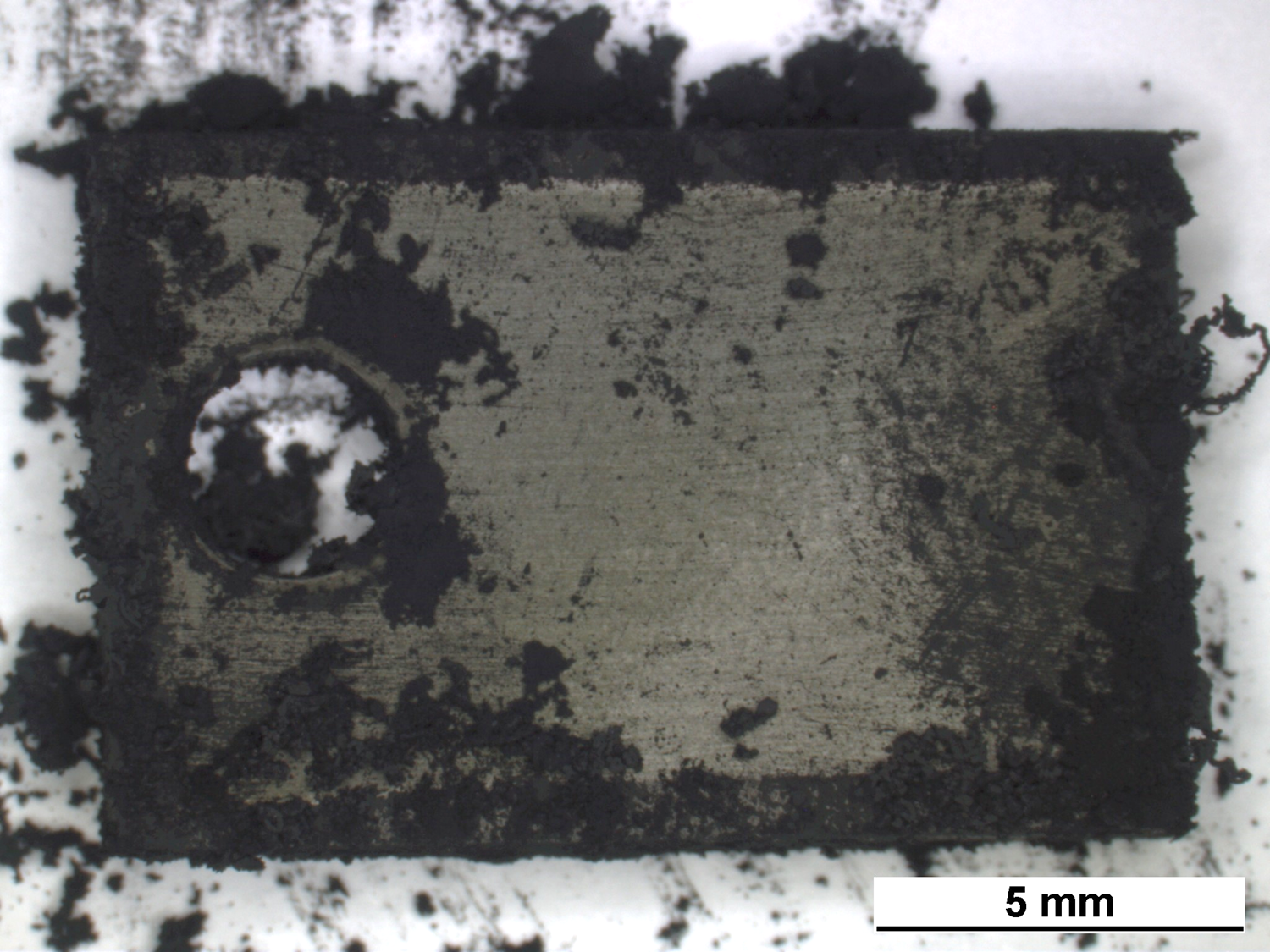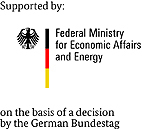03ET1282E

| Period: | 2015-04-01 to 2018-03-31 |
|---|---|
| Partners: | Linde AG, BASF SE, hte GmbH, Karlsruhe Institute of Technology (KIT) |
| Funder: | Federal Ministry for Economic Affairs and Energy |
| Project Manager: | Sonja Madloch |
| Research Group: | High Temperature Materials |
DRYREF 2 is a corporate project funded by the BMWi, in which the industry partners BASF SE, Linde AG, and hte GmbH as well as the research centers DECHEMA-Forschungsinstitut and Karlsruher Institut für Technologie (KIT) work together. The motivation of the project is to bring a newly identified catalyst to technical maturity. Using the catalyst, carbon monoxide (CO)-rich syngas with a H2/CO-ratio of 2:1 to 1:1 can be produced via the so called dry reforming process. CO-rich syngas is of great importance for chemical industries since it is a feedstock for several chemical syntheses such as the Fischer-Tropsch process. Dry reforming provides technical progress of resource-friendly technologies since the process consumes carbon dioxide (CO2). The dry reforming process is conducted under high pressure so that further compression steps are not necessary, but the high pressure also increases the requirements for the plant components. Especially in the down streaming section the high carbon-containing gases pass through a temperature range that bears high risk of a special form of high temperature corrosion, the so-called Metal Dusting. High carbon ingress in the material produces graphite precipitations in the micro structure which is accompanied by volume increase and high stresses in the material. In the end the metal part disintegrates into fine dust of metal particles, graphite, and amorphous coke. Since in practice it is hardly possible to predict the time and location of a metal dusting attack, tests under process-related conditions are carried out at DFI. The performance of several alloys is investigated by isothermal exposure tests at high temperature and pressure in syngas atmosphere. Additionally alloy specimens are exposed to thermocyclic conditions since this provides a way to accelerate the attack on oxide scale-forming materials. From the results materials recommendations can be developed to ensure safe operation of the plant.
back
Funded by the Federal Ministry for Economic Affairs and Energy (BMWi)
Assoc. Prof. Dr.-Ing. Mathias Galetz
Tel.: +49 69 / 7564-397
E-mail: mathias.galetz
M.C. Galetz, C. Oskay, S. Madloch, Surface and Coatings Technology 364 (2019), 211
S. Madloch, A.S. Dorcheh, M.C. Galetz, Oxidation of Metals 89 (2018), 483
Final Report (pdf, 1 MB, in German)